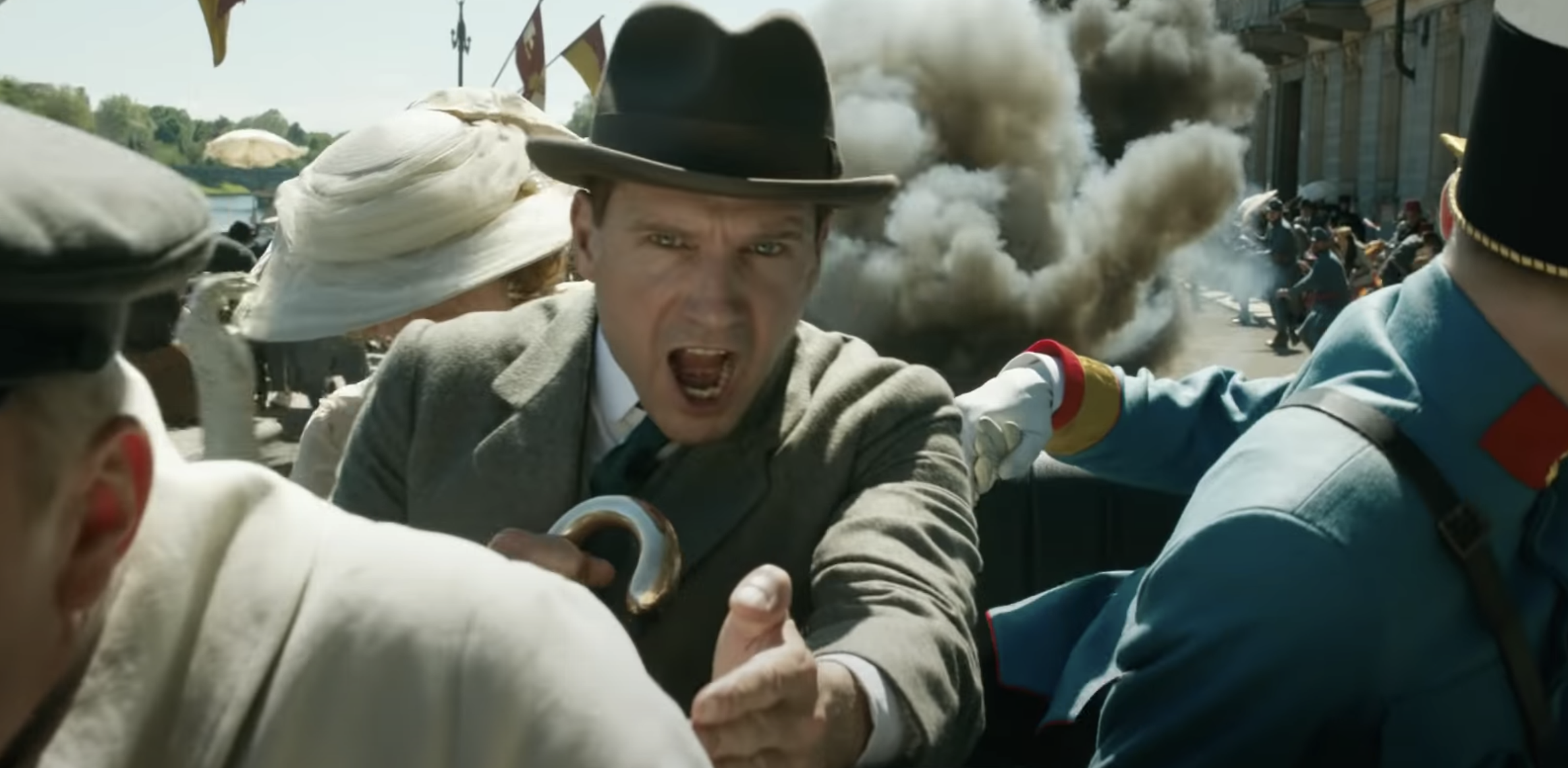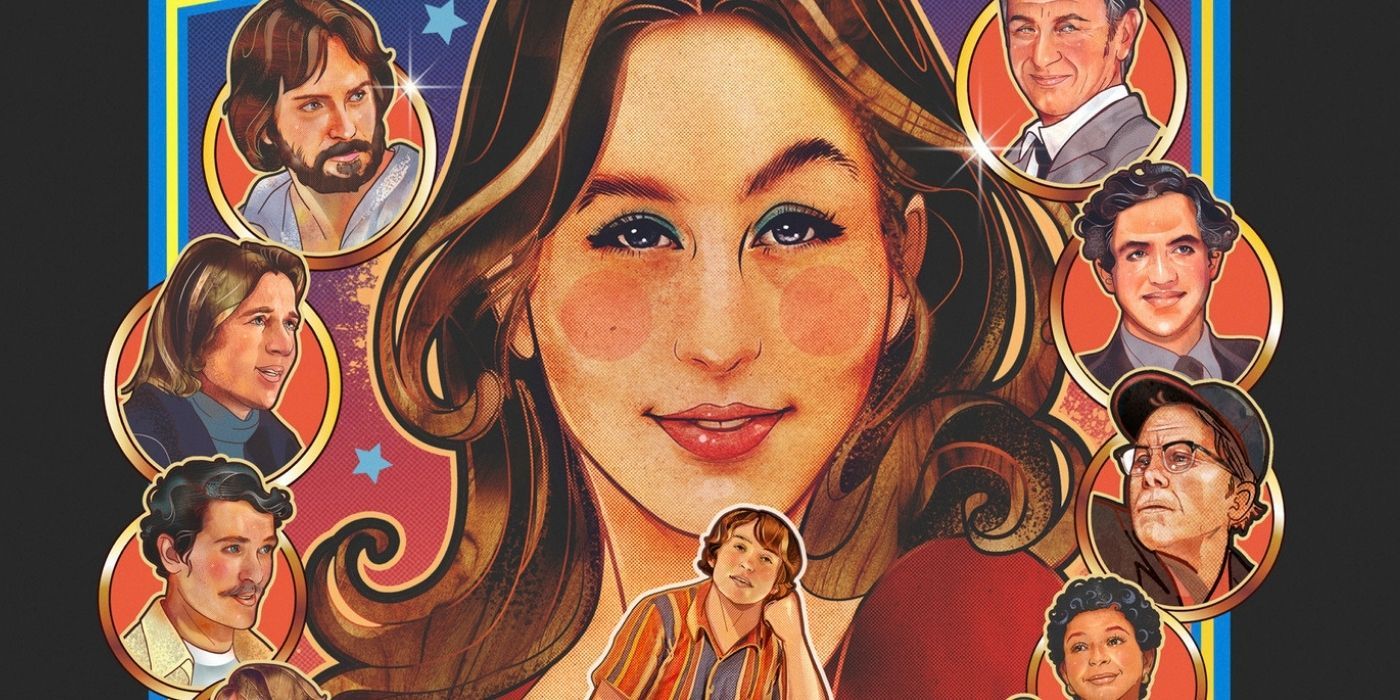American Siege
by George Wolf
American Siege is already the fourth film that writer and/or director Edward Drake has done with Bruce Willis in just the past two years.
And if you’ve seen any of these projects (Breach, Apex, Cosmic Sin), you know the business model: give Willis a limited role he can shoot in a day while you fill the running time with limp action, painful performances and hackneyed dialog. It’s an assembly-line approach that gets cheers for efficiency, but jeers for quality control.
This time out, Willis is Ben Watts, a former NYC cop enjoying the quiet life as a sheriff in smalltown Georgia. But his lazy days canoodling with his deputy (a Janet Jones sighting for the first time in nearly ten years) are interrupted by a hostage situation.
A small gang of baddies has taken the town doctor (Cullen G. Chambers) hostage, and they have an unusual request: reopen the case of a local woman’s disappearance, or else.
Okay, give Drake credit for a somewhat interesting setup, but it’s one that quickly gets buried under ridiculous plot turns, lazy execution and heavy-handed declarations.
The town is run by one of those Ben-Gazarra-Road House guys (Timothy V. Murphy) who can can summon a goon squad at a moment’s notice. And this one does, because there are secrets in the good doctor’s place that must be protected.
We know this because of the warning Doc gives his captors about opening that household vault with a door right out of Ocean’s Eleven.
“Some things can’t be unseen!’
But don’t be too concerned with the doctor’s realization that “I’ve already said too much!” He’ll be blurting out Not Ben Gazarra’s evil plan in no time, while making sure to blame the entire bloody mess on “coastal elites.”
Mess is right. Even the shoot-em-up payoff is lackluster, while the film’s prevailing worldview is simplistic and pandering, and the ensemble’s forced emoting makes Willis’s latest sleepwalk feel like Daniel Day-Lewis.
But, after about 90 minutes, just remember Drake and Willis already have two more of these gems in post-production, so one of them has to be better than American Siege.
Right?















